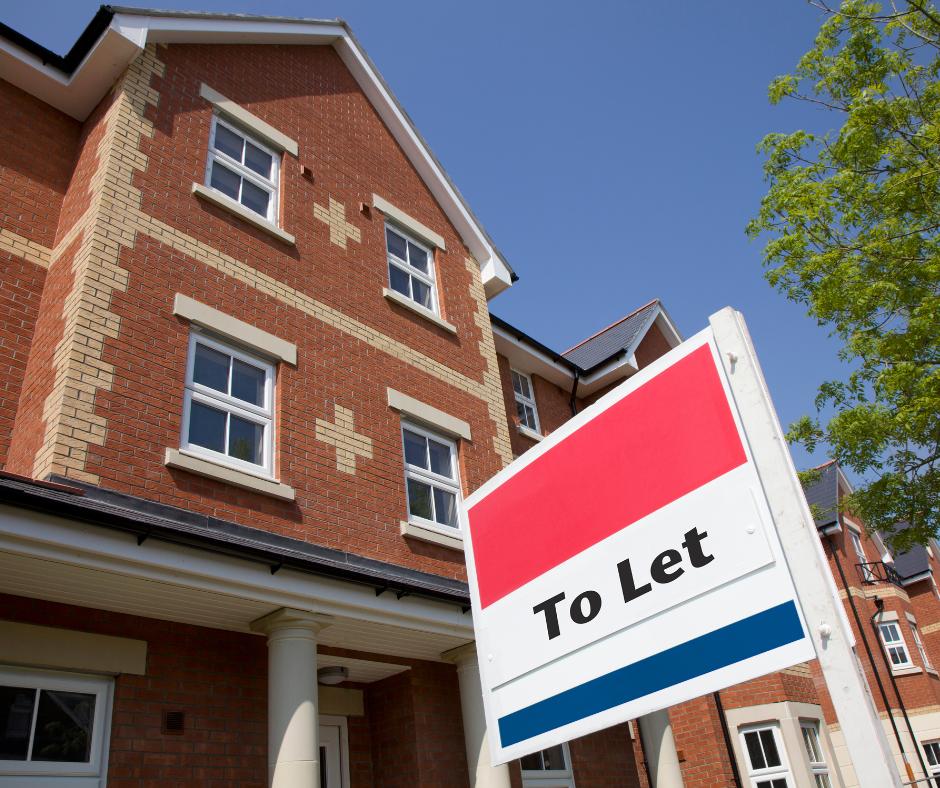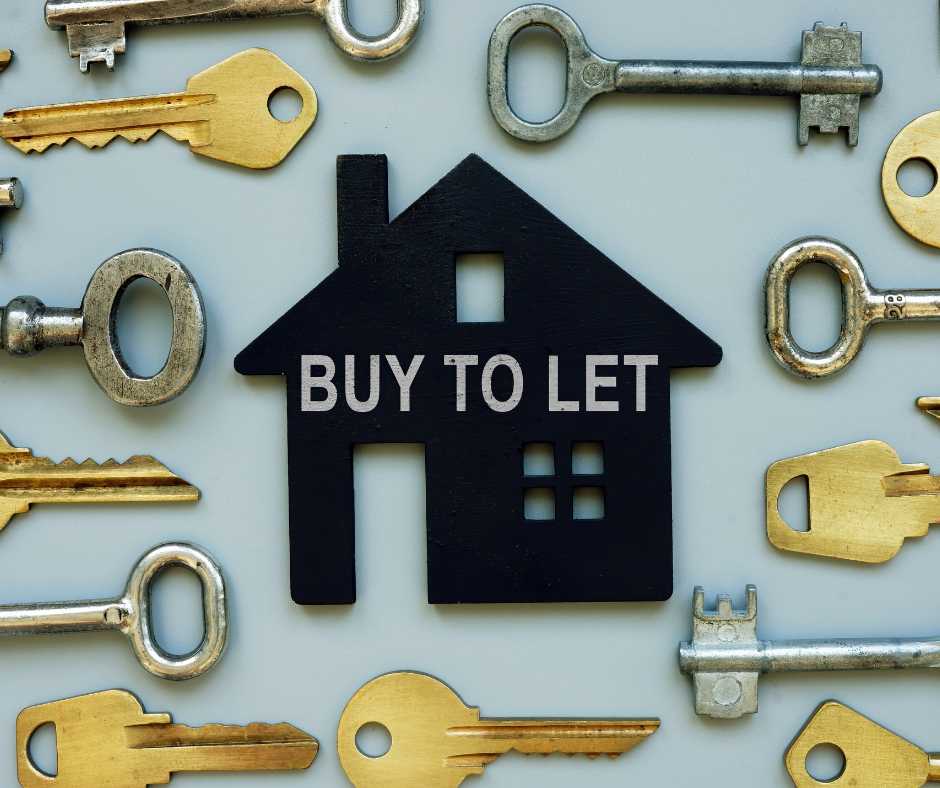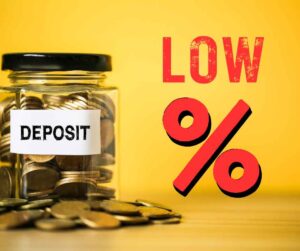Blog written 05/07/2023
Buy to Let Mortgages is when you buy a property with the intention to rent it out. You become the landlord of that property, and the people living in it become your tenants. You can rent out the property either privately, or through a letting agent who you pay fees to for overseeing the property. Buy to let properties are becoming more and more popular, with 4.6 million households renting from a private property owner (source 1).
The nitty gritty of Buy to Let Mortgages
Most Buy to Let Mortgage requires a 25% deposit, which is a larger amount than a standard residential mortgage. You can take out a buy to let mortgage on either a capital repayment basis, which means you will own the property outright at the end of the mortgage term, or on an interest-only basis, which means you only pay interest throughout the mortgage term so at the end of the term a lump sum amount is payable to the lender. Interest-only payments are lower than capital repayments, meaning you can generate a higher profit each month from the rent you are charging.
The rent figure of the property is important for buy to let mortgage purposes. Unlike when you buy a house to live in as your main residence, your affordability is based on what you earn, however for a buy to let mortgage the focus is on the gross monthly rent that you will charge. If the rent is paid via a letting agent and money is deducted for fees, the assessment is still made on the gross amount of rent that shows on the tenancy agreement. Some providers may also need a minimum income from either employment or self-employment as a secondary affordability requirement.
Additional costs of Buy to Let Mortgages
Other costs to be considered when purchasing a rental property are higher stamp duty, letting agent fees (if applicable), landlords insurance including buildings (mandatory), contents (if furnished), and any add-ons if chosen (accidental and malicious damage by tenant, legal expenses, home emergency, rent guarantee), annual safety checks (gas safety, boiler, etc.), general maintenance, repair and decorating as and when needed.
If you are thinking about becoming a landlord, you should seek advice from a mortgage adviser, tax specialist or accountant, and a letting agent. If you are a higher-rate tax payer (or close to becoming one), it is extremely important to get tax advice beforehand because you must declare rental income to HMRC.
Guidance from an accountant is very important because you have the option to own the property in your own name or as a limited company. The tax position differs for each option based on your personal circumstances.

What should I do next?
If you are interested in becoming a landlord and you have found a property that would make a great rental, get in touch with us and we can go through mortgage criteria with you.
For mortgage purposes, not all properties are suitable for renting. An ideal property has a low purchase price and a high rent, so it’s RESEARCH, RESEARCH, RESEARCH! Speak to a letting agent too and ask for their advice on what they think would work best.
In summary, there’s three advisers you should speak to: a mortgage adviser, a tax specialist or accountant, and a letting agent. https://onerooffinancial.co.uk/mortgage-services/buy-to-let-mortgage-advice/
Most Buy-to-Let Mortgages are not regulated by the Financial Conduct Authority.
The information contained within this blog was correct at the time of publication (05/07/2023), and is subject to change.
Source 1: https://www.nimblefins.co.uk/number-homeowners-and-renters-uk




